South Africa
Economists are hoping to see stability and better economic growth in South Africa under the presidency of Cyril Ramaphosa.
As the nation’s Finance Minister Malusi Gigaba prepares to present the 2018 budget on Wednesday,the economists also want to see a strong rand.
“We need to drive growth in this country.” We are struggling along the way in 2017. It’s more than 1.8% in 2018. To create job creation, we need to drive growth closer to 5%,” said economist Ken Swettenham.
The election of Cyril Ramaphosa to lead the continent’s largest industrial power was greeted with relief by the markets, while the Zuma era was marked by rising debt, sluggish growth, record unemployment 27.7% and a deterioration in the country’s financial score.
The African National Congress pushed him towards the exit in order to avoid a catastrophe in the general elections of 2019.
But the task of Cyril Ramaphosa promises to be complicated.
For Economist Ken Swettenham the Southern African nation needs economic stability.
‘‘I think that’s the most important point. stability, we do not know in what sense our markets will evolve: a rise one day, a decline the next day.Our currency is weak one day and strong the next day.Also for our mandatory markets.We have not had stability and it is very difficult to predict anything when you are a businessman, a common citizen and even for the government “,he said. “It’s going to be the toughest budget since the advent of democracy” in 1994 in South Africa, predicted Piet Naude, a professor at Stellenbosch University.
President Ramaphosa will have to find sources of income while drastically reducing state spending, while he has committed himself to respect one of the most expensive commitments of his predecessor, namely free education higher education for students from disadvantaged families.
In a speech to Parliament Friday, the day after his election, he promised to commit the country to “a new path of growth, employment and transformation.“
Among his immediate priorities, he cited youth employment, whose unemployment rate is close to 50%. He also pledged to restore the confidence of investors and markets, which sanctioned the end of the reign of Jacob Zuma by the degradation of the financial score of the country.
Shortly before his accession to power, Cyril Ramaphosa had expressed his reluctance on a very expensive and controversial project to build new nuclear power plants in his country, ardently defended by Jacob Zuma.
Cyril Ramaphosa, a former businessman, is enjoying the immediate confidence of markets that “think it’s good for the economy,” according to Ken Swettenham, a financial analyst for Liberty Life Insurance Company.
Since his election, the national currency, the rand, has recovered.
AFP




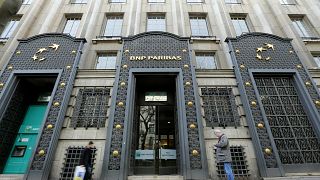
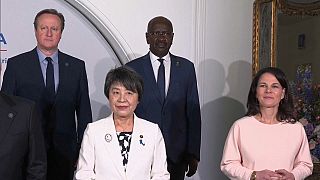
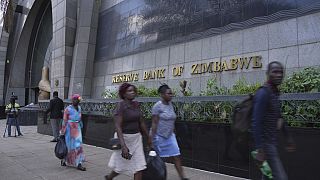
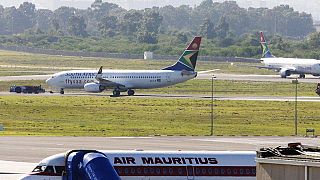
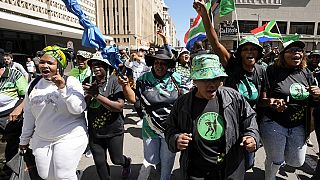
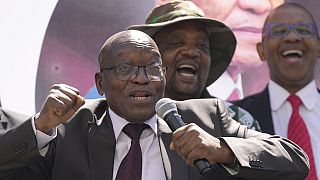
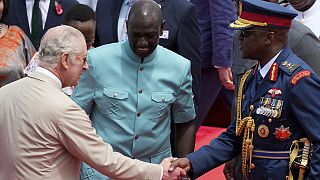


01:44
BRICS Film Festival begins in Moscow
01:02
Pics of the day: April 16, 2024
01:08
SA poll body seeks clarification from Constitutional court on Zuma's eligibility
02:08
South Africa: Zuma's prosecution bid against Ramaphosa postponed
01:10
New poll finds support for South Africa's ruling ANC is plunging
00:53
Six arrested in connection with the murder of South African player Luke Fleurs